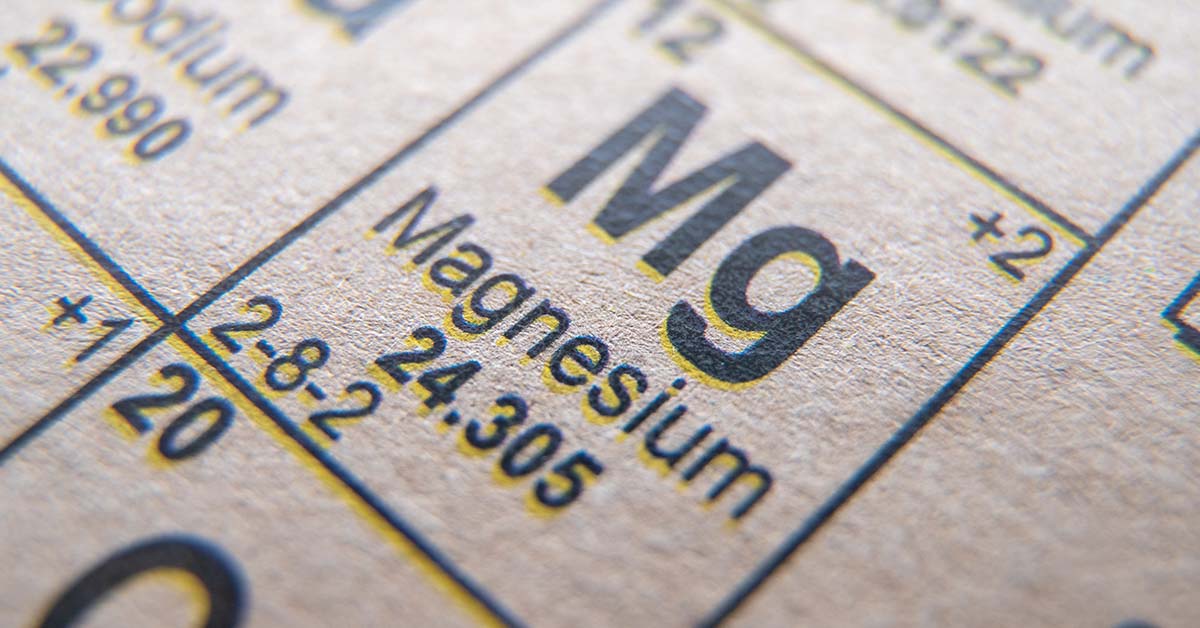As the popularity of cannabis grows and previous stigmatization drops, there is also increased usage across the globe. Over 50% of U.S. states have legalized cannabis for medical, recreational, or both purposes. This has led to burgeoning markets filled with cannabis-based products like gummies, beverages, vapes, and joints. According to a new report from the...

Zain Ebrahim
Science Enthusiast
Zain is a writer, musician, composer and sound designer. He studied Journalism at the University of Pretoria majoring in Anthropology. Zain is passionate about art, politics, science, music technology and of course, is a massive music enthusiast.
Dementia is a general term that refers to a group of neurodegenerative diseases represented by a cognitive decline. Diseases like Alzheimer’s, these illnesses affect thinking, memory, reasoning, personality, mood and behavior. A variety of factors, including genetics, lifestyle choices, and environmental conditions, influence dementia. Recent research shows that factors other than old age cause dementia-related...
Older adults with attention-deficit/hyperactivity disorder (ADHD) face a higher risk of developing age-related dementias like Alzheimer’s disease. Researchers from the University of Geneva have discovered that they distribute abnormal iron levels similarly in specific brain regions of individuals with dementia-like disorders. This may shed light on the puzzling connection of iron in the brain and...
There are numerous forms of magnesium, which are critical for over 300 metabolic functions in the body. These various forms of magnesium, in which some are better for treating particular conditions and symptoms than others. It benefits health by improving blood sugar levels, blood pressure and reducing anxiety. These critical functions include the production of...
Mitochondrial transplants are becoming a promising new way to treat diseases and potentially extend life. Instead of transplanting whole organs, this approach focuses on transplanting organelles, which are like the organs of a cell. Specifically, it involves replacing old, worn-out mitochondria with healthy ones to boost a cell’s energy and function. Researchers believe this could...
Carnegie Mellon University researchers have developed a technology that detects three dimensional shapes and movements of human bodies in a room, using only WiFi routers. By analysing radio waves reflected off bodies, their system reconstructs human bodies without cameras or LiDAR. This technology leverages artificial intelligence and existing WiFi infrastructure to provide an alternative to...
Dimethyl sulfoxide, commonly known as DMSO, is a colorless liquid compound that manufacturers derive as a byproduct of the paper-making process. Scientists initially discovered it in Germany in the late 19th century. Today, they use DMSO in many products, including paint removers, cleaners, makeups, and even as a flavoring agent in specific foods. Nature also...
One of evolutionary biology’s most fascinating mysteries is the origin of the anus. New genetic evidence suggests that this intriguing structure might have evolved from an opening that was used to release sperm. Studies conducted on sea worms, specifically, Xenoturbella bocki and its developmental genetics suggest that this reproductive opening eventually merged with the digestive...
Cancer and its treatments can trigger life-threatening emergencies. We can categorize these medical oncologic emergencies as metabolic, haematological, structural, or treatment-related complications. With approximately 14.5 million cancer patients in the U.S. (estimated to reach 19 million by 2024), it is imperative for clinicians and physicians to not only recognise these oncologic emergencies when they arise...
Fibromyalgia (FM) is a medical condition that causes widespread pain alongside fatigue, sleep problems, and difficulty thinking, often called “fibro fog.” However, it is still widely debated as to the cause of fibromyalgia. The debate centers around whether fibromyalgia is linked to autoimmune disorders, where the body’s immune system attacks its own tissues. The general...
The landscape of international travel is constantly evolving, and upcoming changes will significantly impact Americans traveling to Europe. Starting in 2026, a new electronic authorization system called ETIAS (European Travel Information and Authorization System) will be mandatory for Americans traveling to Europe and visiting most countries in the European Union. This new system actively enhances...
Health and Human Services Secretary Robert F. Kennedy Jr. has launched a campaign to encourage states to waive their rules to ban soda purchases through the Supplemental Nutrition Assistance Program (SNAP), commonly known as food stamps. The initiative, part of RFK Jr. ‘s “Make America Healthy Again” agenda, which would “clean up” the United States...











